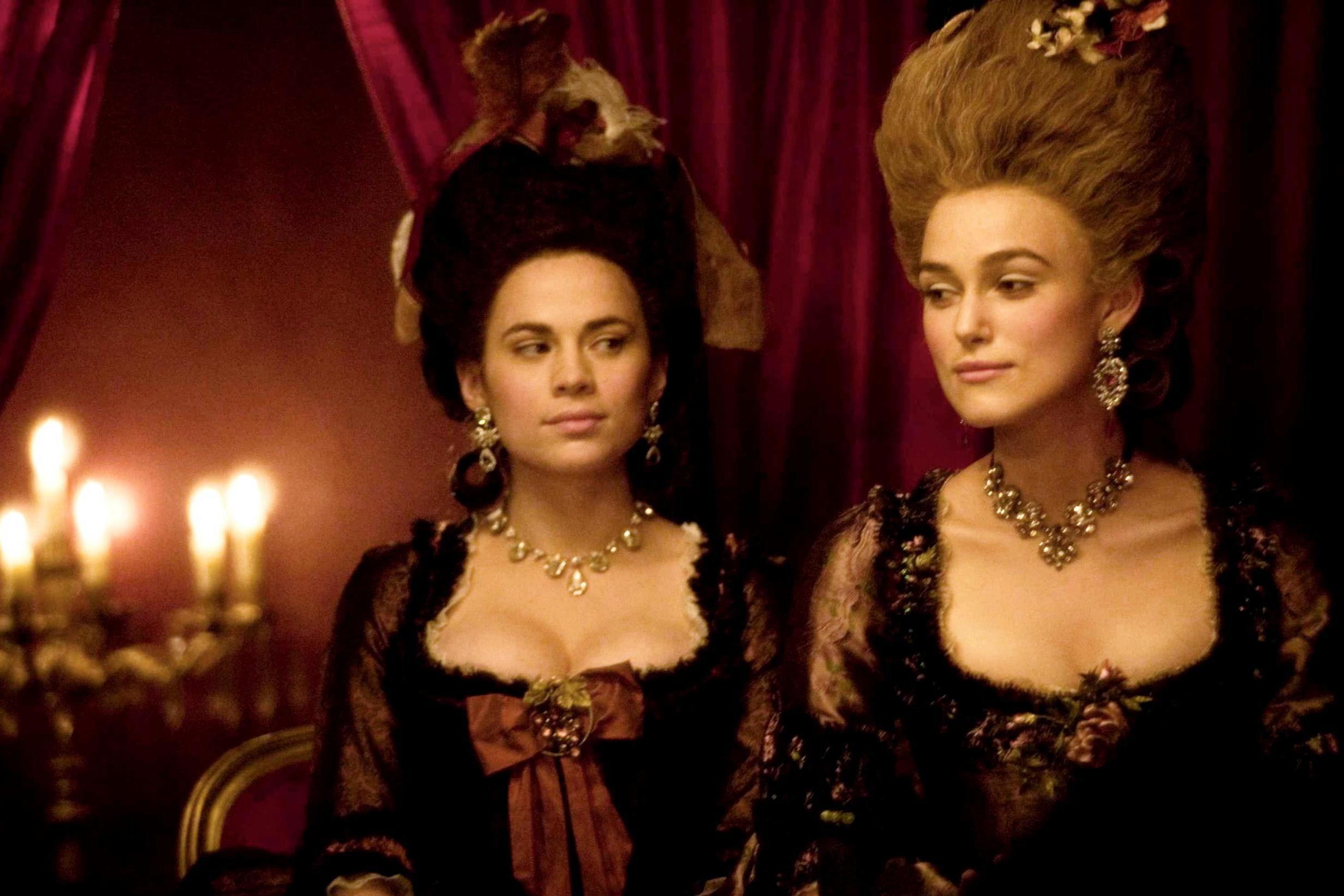Films with rape scenes to receive higher age ratings under new rules
Keira Knightley’s period drama 'The Duchess' would be rated a 15 rather than a 12

Your support helps us to tell the story
This election is still a dead heat, according to most polls. In a fight with such wafer-thin margins, we need reporters on the ground talking to the people Trump and Harris are courting. Your support allows us to keep sending journalists to the story.
The Independent is trusted by 27 million Americans from across the entire political spectrum every month. Unlike many other quality news outlets, we choose not to lock you out of our reporting and analysis with paywalls. But quality journalism must still be paid for.
Help us keep bring these critical stories to light. Your support makes all the difference.
The British Board of Film Classification (BBFC) have released new guidlines to reflect the public’s shifting views on sexual content and violence.
A study undertaken for the organisation found that a surprising 95% of teenagers called for stronger classification on media, with young people being particularly concerned about viewing fictional scenarios which could potentially happen to them.
The BBFC has implemented a change that sees films that depict rape and other sexually violent acts no longer falling into the 12A category. They will instead be given a rating of 15.
An example of where this would take effect is with Keira Knightley’s period drama The Duchess, which was classified 12 and would be considered a 15 under the new guidlines as the film features a rape scene.
The consultation involving more than 10,000 people found that 97% of both young people and parents want guidelines in place for online content, according to the BBFC. It claims more people than ever want tougher classification.
Real-world scenarios were found to be the most troubling for viewing audiences, and young people in particular were uncomfortable with portrayals of discrimination, terrorism, self-harm and suicide.
BBFC chief executive David Austin said: “Over the last five years the way we consume film and video has changed beyond all recognition. That’s why it’s so important that there is consistency between what people watch on and offline.
“The research shows that parents and teenagers want us to give them the information and guidance that they need to view what’s right for them.
“We are updating our standards around depictions of sexual violence and very strong sex references to reflect changes in public attitudes.”

Watch Apple TV+ free for 7 days
New subscribers only. £8.99/mo. after free trial. Plan auto-renews until cancelled

Watch Apple TV+ free for 7 days
New subscribers only. £8.99/mo. after free trial. Plan auto-renews until cancelled
The BBFC claims the British audience consulted on classifications had changed their views of sex since 2014, and wanted higher classifications for sexual content, especially with regard to sexual violence.
Strong sexual references and what the BBFC called “the language of pornography” were also expected to make a production an 18 certificate.
The BBFC also said its research showed that audiences are more tolerant of violent content than other potentially troubling material.
Austin added: “We’re here to listen to what people want, which is why they trust our age ratings. So it’s encouraging to know that we’ve been classifying content in line with what people want and expect when it comes to difficult themes around credible real-life scenarios.
“We also know that people are more comfortable with issues such as action violence, if it’s in a way that they are expecting – such as a Bond or Bourne film.”
The BBFC is a not-for-profit organisation which began as the British Board of Film Censors in 1912. Its new guidelines will be released on February 28.
Join our commenting forum
Join thought-provoking conversations, follow other Independent readers and see their replies
Comments